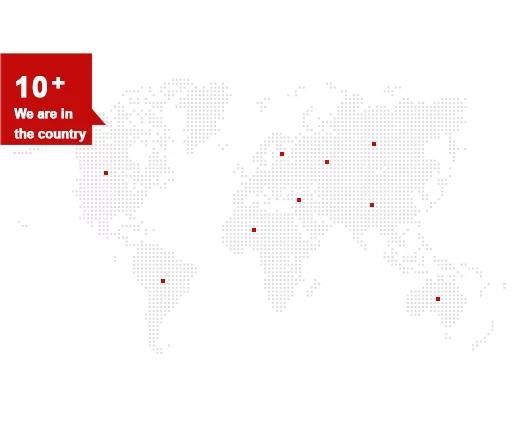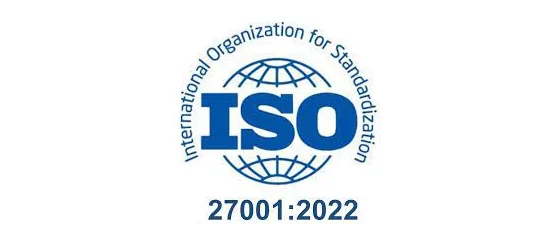OUR SERVICES
Some of our services
At TGS, we offer a wide range of services in quality control and certification. Here are the main services we offer:

CERTIFICATION
SERVICES
It is the written determination by a third party (independent) institution or organization that the management system, personnel, laboratory service, inspection or product complies with a certain standard.

CORPORATE
AUDITS
It is intended to determine at what level the documented system is understood, implemented and observed by relevant employees.

TRAINING
CALENDAR
We provide special trainings on management systems at all levels such as Lead Auditor, Internal Auditor, Basic Training, Awareness Training and Documentation Training.
ABOUT US
Audit and Certification
Your Expertise with TGS!
The increase in the variety of products/services, which are the reflections of technological developments in business life, and the introduction of products/services equipped with more and more functions to the market bring with them the strengthening of consumers' demands for assurance of quality, safety, durability and suitability for the intended use.
With the concept of "Conformity Assessment" that emerged from these searches, inspection and certification services for production and service processes have been disciplined.
+
YEARS
EXPERIENCE
EXPERIENCE

ADVANTAGES
Advantages of Working with TGS
At TGS, we offer many advantages in the services we provide to our customers. Here are some of the key benefits of working with us:
Quality Service
We offer quality service to all our customers.
Conformity Assessment
Audit and certification services for production and service processes are disciplined.
Timing
As TGS, we manage the application process in the fastest way possible.

+
Customer Satisfaction
We offer long-term Customer Satisfaction by being at the center of continuous improvement together with our customers.
+
Corporate
Audit
Audit
With an impartial and independent approach, we provide fast and understandable final reports in line with objective findings.
+
Education
Corporate Trainings are among the most important issues for companies today and as TGS, we provide quality and result-oriented "Training Services" to our customers in many areas.
CUSTOMER REVIEWS
Companies that achieved success with TGS
Customer Reviews
ANNOUNCEMENTS
Latest Announcements
You can find the latest developments, innovations and the latest announcements in many areas here.
REQUEST FORM
We are always here to help!
As TGS, we are here to provide the best service. Please fill out the form below and send us your request for certification or audit services.

Request Form
NEWS
Latest News
You can find the latest news, developments in the sector and many more articles here.
Geographical Regions in which TGS Operates
Providing services to small, medium and large-sized domestic and foreign companies, TGS has the capability and infrastructure to respond to customer needs in its fields of activity.
ISO/IEC TR 27019 Reporting
Pursuant to the "Regulation Amending the Electricity Market License Regulation" published in the Official Gazette dated 26.12.2014 and numbered 29217, compliance with the ISO IEC 27001 Information Security Management System standard has become mandatory for facilities with an installed capacity of 100 MW or more.
IAF MD26:2022 Transition Requirements for ISO/IEC 27001:2022
MD 26 document was published on 09.07.2022 as ISO 27001:2022 Information Security Management system transition guide.
































